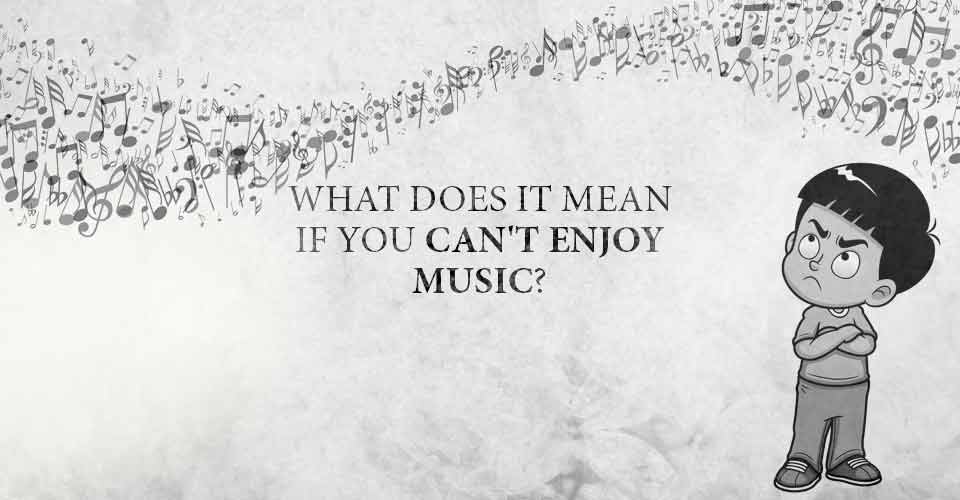“One good thing about music, when it hits you, you feel no pain,” said Bob Marley.
What if, when it hit you, you felt nothing at all?
Music seems to be a universal joy – but it isn’t.
Between three and five percent of the human population don’t get any pleasure from it at all. These people suffer from a condition called music anhedonia. Due to a brain disconnection, the reward center that normally lights up when we hear music remains silent for musical anhedonics. Other reward centers, however – such as those for food and money – function normally.
Musical anhedonics are able to hear music and understand it from an intellectual standpoint. They just don’t feel it in an emotional way.
“Anhedonic people do not have problems correctly perceiving and processing the information contained in a melody (such as intervals or rhythms) and present a normal pleasure response to other pleasant stimuli (such as money), but do not enjoy musical stimuli,” explained researcher Noelia Martínez-Molina.
Molina and his team studied 45 healthy participants, broken into three groups based on their reported emotional sensitivity to music.
They used fMRI technology to study brain activity while the subjects listened to music. This provided an objective measure of pleasure obtained from the music, as well as a clear picture of the resulting brain connections – or lack thereof. They also had the participants engage in a monetary gambling task. This served as a control against which to determine whether it was all neural reward centers that failed to activate in the anhedonic group, or only the ones related to music.
Using this data, the researchers were able to determine that the musical anhedonics showed less activity of the Nucleus Accumbens, an important subcortical structure of the reward network. The test subjects who reported being highly sensitive to music showed the opposite.
The neural reward system for both groups, however, reacted typically to the monetary gambling task. This suggests that the human brain likely has different pathways to reward for different stimuli.
“These findings not only help us to understand individual variability in the way the reward system functions, but also can be applied to the development of therapies for treatment of reward-related disorders, including apathy, depression, and addiction,” explained Robert Zatorre, one of the paper’s co-authors.
As Friedrich Nietzsche wrote, “Those who were seen dancing were thought to be insane by those who could not hear the music.” Human enjoyment of music must look both confusing and ridiculous to those who cannot feel it. To understand musical anhedonia as a medical condition is an important thing. We need to normalize brain irregularities.


